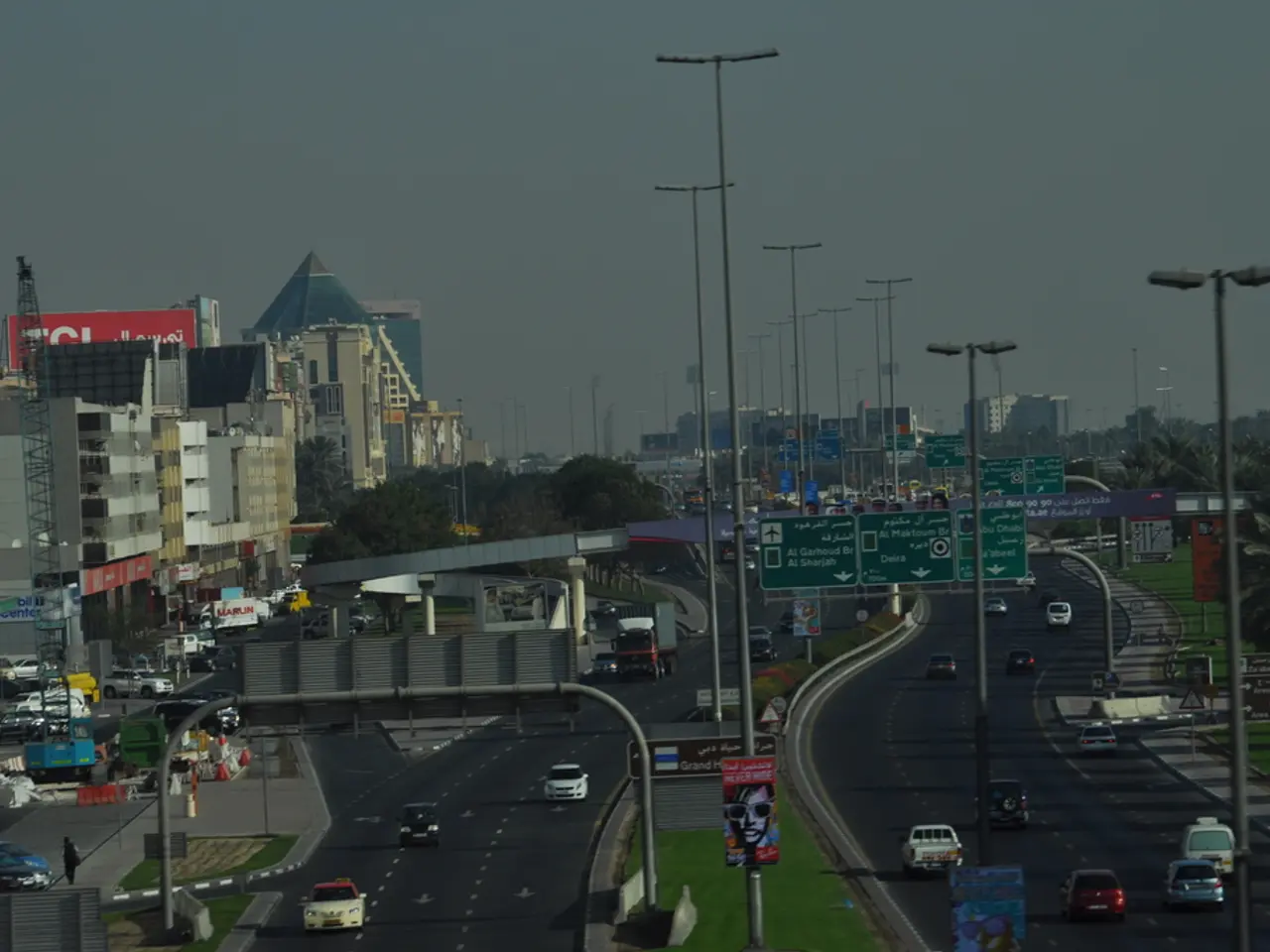Authorities intensify actions against water cartel
South Africa is taking decisive action against the disruption of its water supply networks by criminal syndicates and unscrupulous individuals. These groups, often referred to as the "water mafia," are responsible for damaging pump stations, pipelines, and valves, and selling water through tankers at inflated prices.
In a recent webinar, Water and Sanitation Deputy Minister David Mahlobo outlined the government's comprehensive strategy to address this issue. The strategy includes several key initiatives.
Multi-Faceted Approach to Combat Sabotage
- Implementation of the 2025 National Water and Sanitation Indaba resolutions: These resolutions focus on infrastructure protection strategies, public education campaigns, and partnerships with law enforcement agencies.
- Intensified collaboration: The government is working closely with various departments, law enforcement agencies, and communities to identify, prosecute, and deter those responsible for sabotage and criminal activities related to water infrastructure.
- Community Engagement: Citizens are encouraged to report suspicious activities, support awareness programs about the consequences of vandalism and theft, and foster a culture of whistleblowing to expose criminal networks within the sector.
- Innovative Technologies: Municipalities are deploying surveillance systems, remote sensors, and smart infrastructure to detect and prevent sabotage in real time.
- Zero-Tolerance Policy: Mahlobo has reaffirmed the government’s zero-tolerance stance toward criminal syndicates damaging water infrastructure, signaling firm and relentless action against the perpetrators.
The Importance of Water Security
Mahlobo has stressed that water is life and no criminal syndicate will be allowed to hijack the public's right to it. He emphasized the importance of a culture of whistleblowing to expose criminal networks and corruption within the water sector.
The problem extends beyond urban centers and requires urgent, coordinated, and forceful action. These activities lead to infrastructure damage, public health endangerment, increased municipal repair costs, and degraded community dignity.
Mahlobo calls for unity against the sabotage of national infrastructure from various groups like civil society, organized labor, water activists, conservation groups, and traditional leaders. He encourages community participation in protecting infrastructure, including reporting suspicious activities and supporting educational campaigns.
In conclusion, South Africa is actively combating the sabotage of essential water infrastructure and the activities of the so-called "water mafia" through a multi-faceted approach led by Deputy Minister David Mahlobo and the Department of Water and Sanitation. The goal is to protect water and secure the future through strong partnerships, community vigilance, and courageous whistleblowing.
- The implementation of the 2025 National Water and Sanitation Indaba resolutions, which focus on infrastructure protection strategies, public education campaigns, and partnerships with law enforcement agencies, is part of the government's comprehensive strategy to address water infrastructure sabotage.
- Deputy Minister David Mahlobo has emphasized the importance of a culture of whistleblowing to expose criminal networks and corruption within the water sector, emphasizing that no criminal syndicate will be allowed to hijack the public's right to water.
- South Africa faces a pressing need for urgent, coordinated, and forceful action against the activities leading to water infrastructure damage, public health endangerment, increased municipal repair costs, and degraded community dignity, as these issues extend beyond urban centers.
- Mahlobo encourages community participation in protecting infrastructure, including reporting suspicious activities and supporting educational campaigns, to combat the sabotage of national infrastructure and the activities of the so-called "water mafia."








